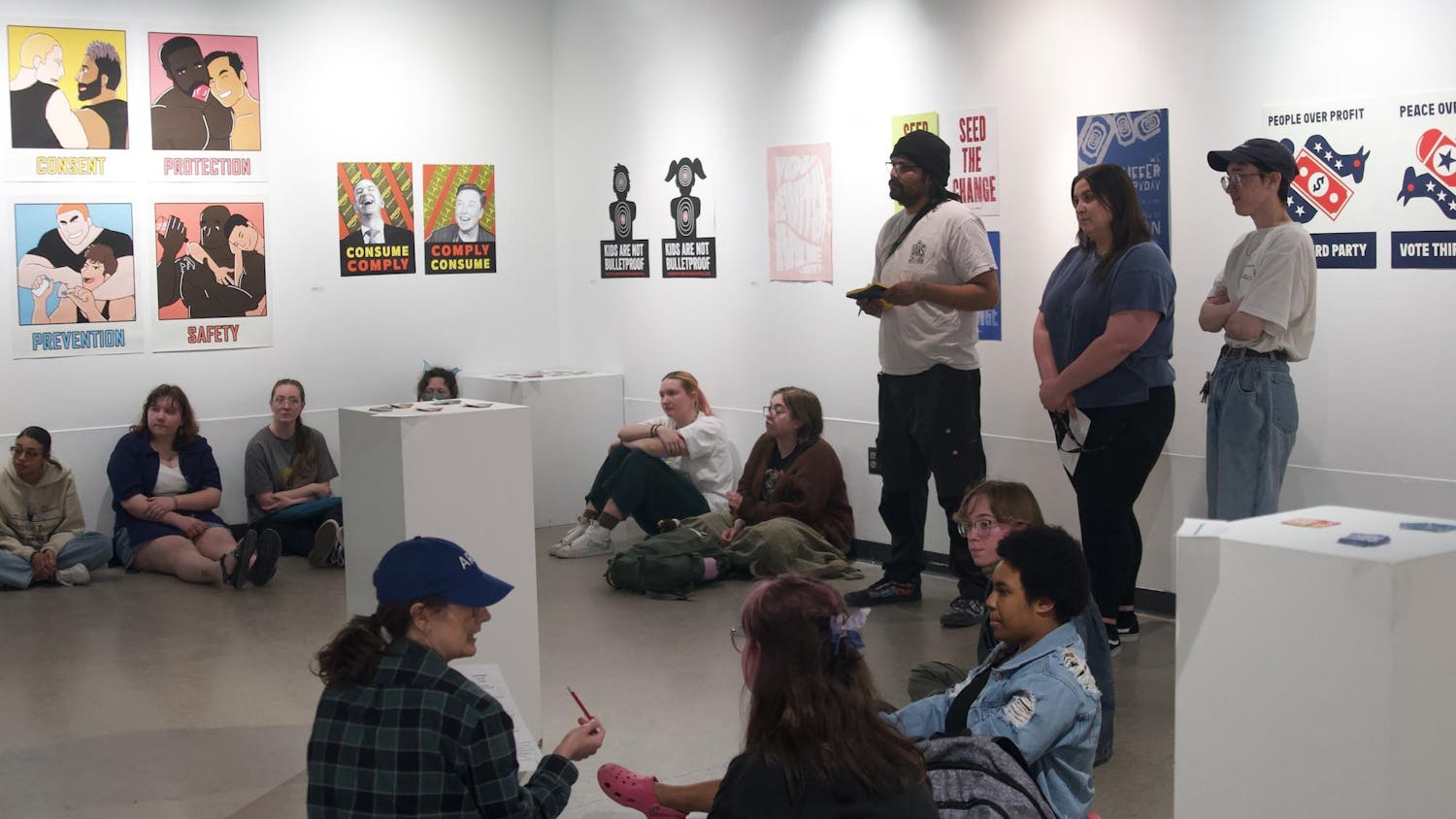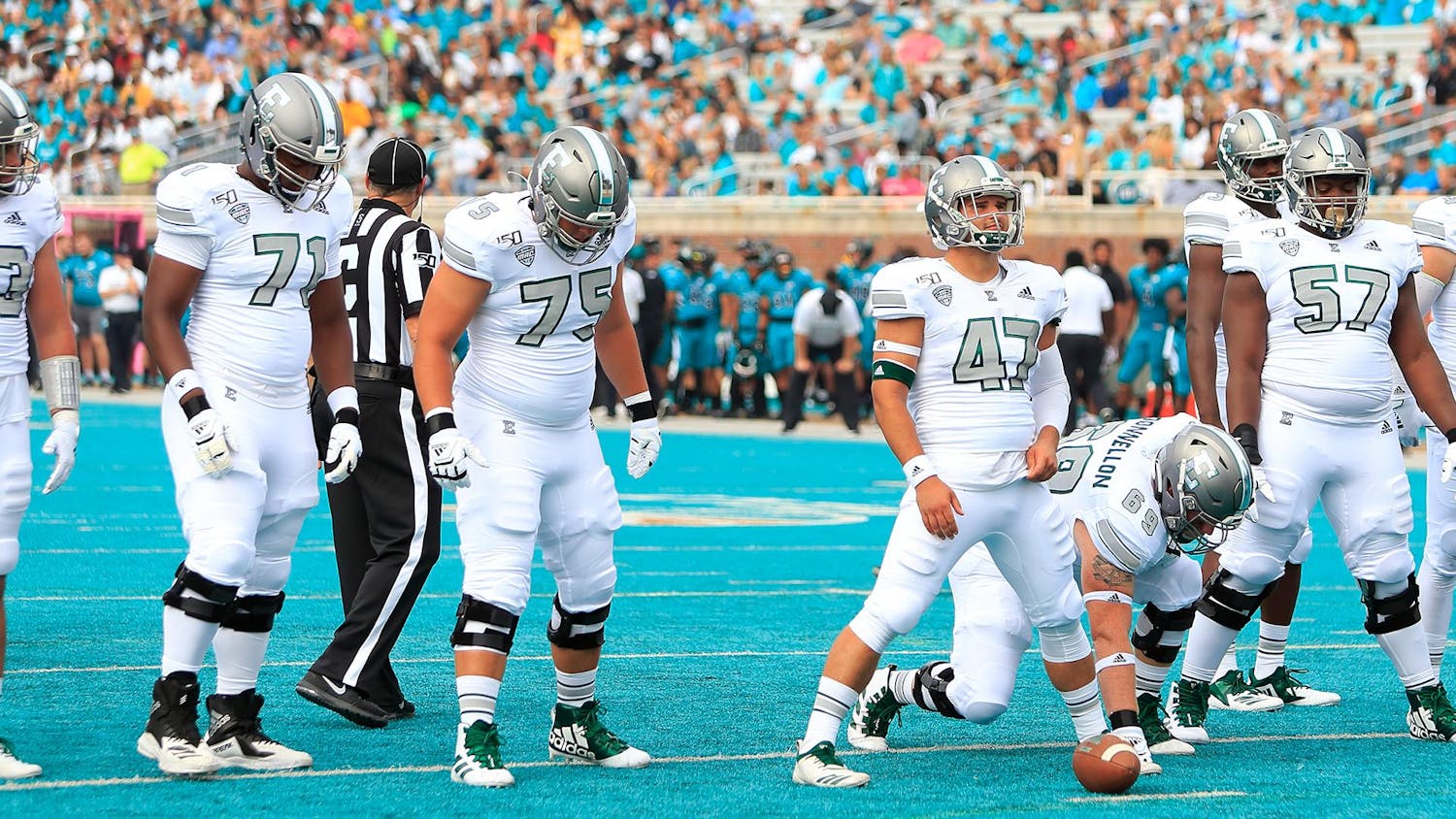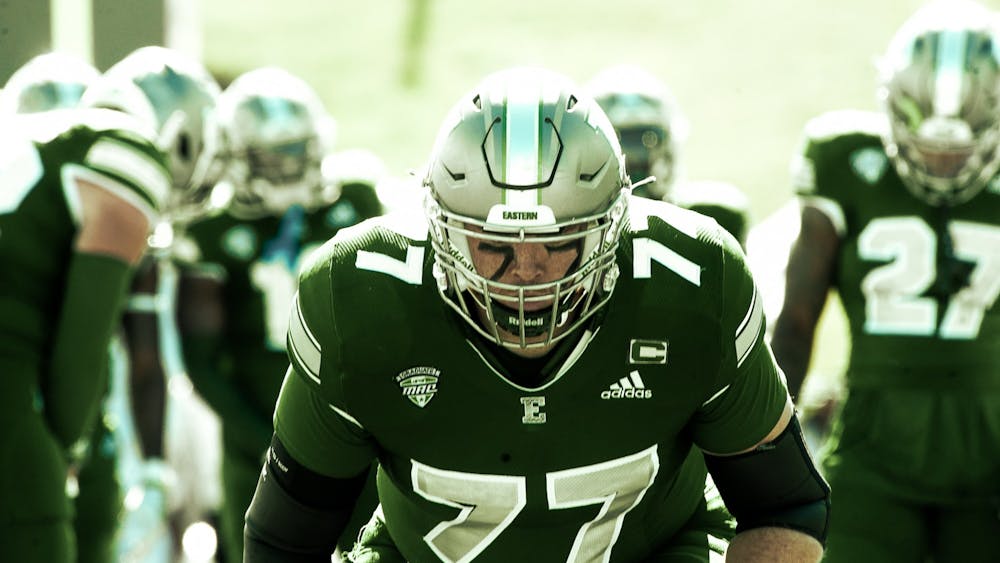Othello -- the Moorish-descended lead from Shakespeare's play by the same name -- being portrayed by a white man is not quite the same thing as Othello being portrayed as a white man. To invoke examples of first -- erstwhile convulsing with moral paroxysms of indignation -- in order to criticize examples of the second is to confuse two very different phenomena.
The first phenomena, “racebending,” is when a character of one ethnicity is portrayed by an actor of another ethnicity. The second phenomena, what I will call “cross-casting,” is when a character of one ethnicity is portrayed not by but as a character of another ethnicity, casting simply following suit.
Half a century ago whites engaged in blackfacing, brownfacing and yellowfacing, what today would make even the most politically incorrect moviegoers cringe. But I have yet to see anything like the casts of fifty, sixty and seventy years ago mimicked today either in severity or in scale. Blackfacing and whitefacing -- to the degree they persist at all -- persist only within the realm of comedy vis-à-vis “Tropic Thunder” and “White Chicks.”
I do not, I am happy to say, see yellowface losing its taboo any time soon - even on comedy. I think it is safe to say that the days of whites being cast as Japanese, Mongolians and Mexicans are well and truly gone.
Today cross-casting is neither exclusive to whites nor is it as bull-in-the-china-shop clumsy as it has been in decades past. Today cross-casting is practiced by both whites and blacks. This, I think, represents a healthy normalization of race in the entertainment industry.
One man who had grown up in the 1960s and 1970s summed up the three stages of this normalization to me: first, blacks were ignored or cast only in subservient, demanding or simple roles; second, they were cast as heroes, in a way trying to make up for so many decades of being ignored; and third, they were again cast as villains, society having finally become sufficiently grown-up enough to see a black man play the villain and not instantly pass sentence on an entire race.
Today Denzel Washington playing the lead in “The Manchurian Candidate,” Will Smith playing the lead in “I Am Legend” and Samuel L. Jackson playing the villain in “Jumper” are greeted neither with forced affirmation nor with insidious contempt -- these movies are greeted as would be any other political thriller or action movie.
Racebending too has undergone a kind of normalization. Most of the actors who portrayed the presumably mostly Russian crew of the Red October in “The Hunt for Red October” were not actually Russians. Most of actors in “Moonstruck” were not actually Italians. Only about half of the actors and actresses from “My Big Fat Greek Wedding” were actually Greeks.
The understanding throughout is that similar-looking peoples ought to portray similarly looking characters and dissimilar-looking peoples ought not to portray dissimilar looking peoples. But of course what looks similar differs from country to country.
When in Spain last summer, I was regularly mistaken for being a Spaniard, a Galician, a Portuguese or a Brazilian even though my ancestry is mostly German, Italian and English, something Europeans considered “mixed.”
Race in entertainment isn't -- nor will it ever be -- perfect, but the situation has definitely improved. One need only look back sixty years or look around today. People who are determined to be offended will always find something to be offended by, but there is progress, which one can see and be thankful for, if one is willing to see it.







